Kings and Cults contains a selection of articles of H. Kulke on various aspects of Ksatra and Ksetra, the interconnected domains of temporal and sacred power in medieval India and Southeast Asia. Thematically these papers are intertwined by a study of the quest of medieval rulers for legitimation through religious institutions. Of particular interest in this regard are the changing modes of legitimation at different stages of state formation, ranging from princely patronage of tribal deities by early emerging "kings" to the construction of imperial temples by the rulers of great regional "imperial" kingdoms. A particularly characteristic feature of India is the great temple cities as centres of regional cults and pilgrimage which became the major focus of later medieval royal patronage. Another important aspect of Kulke’s work is historiography as a means of late medieval royal legitimation, linking legendary history of these sacred places and royal patronage with dynastic claims. About half of the papers focus on Puri in Orissa and its Jagannatha cult which forms a major field work of Kulke’s studies. South India is represented by two papers on religious policy of the Colas and the early rulers of Vijayanagara. Four papers deal with Southeast Asia. They reveal that Southeast Asian indigenous rulers faced very similar structural and ideological problems which they tried to solve through similar ritual means as their contemporary Indian "colleagues".

Kings and Cults: State Formation and Legitimation in India and Southeast Asia
In stock
Free & Quick Delivery Worldwide
reviews
Bibliographic information
Title
Kings and Cults: State Formation and Legitimation in India and Southeast Asia
Author
Edition
Reprint
Publisher
ISBN
817304337X
Length
xv+392p., Index; 23cm.
Subjects

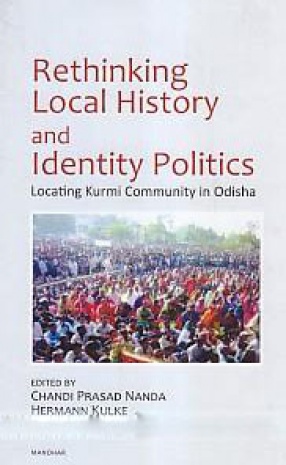
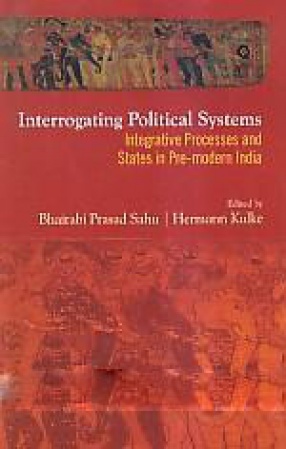
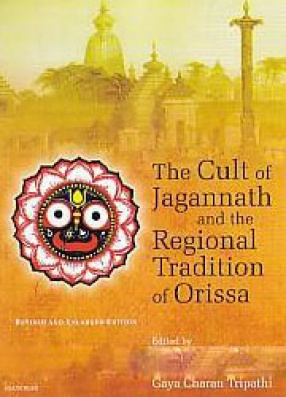
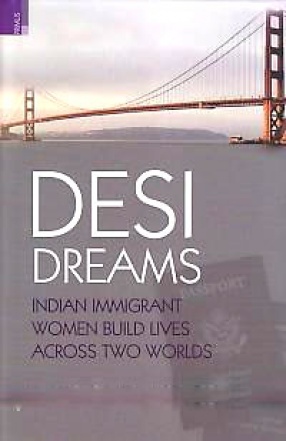
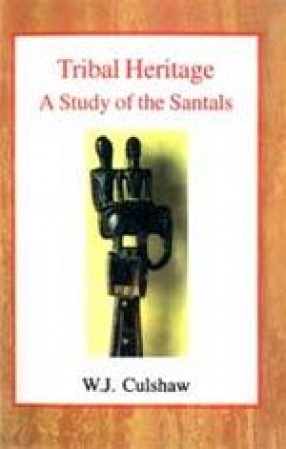
There are no reviews yet.